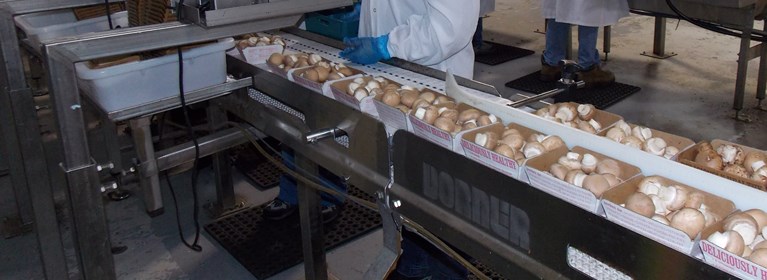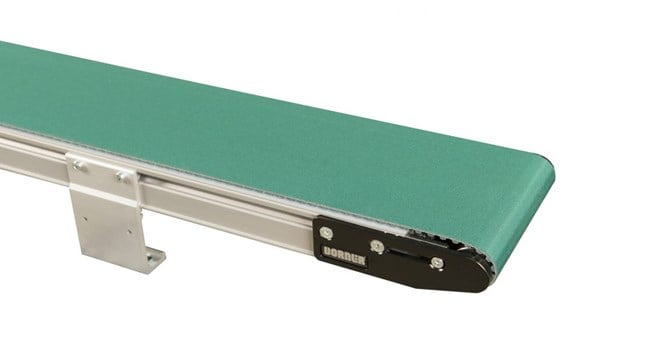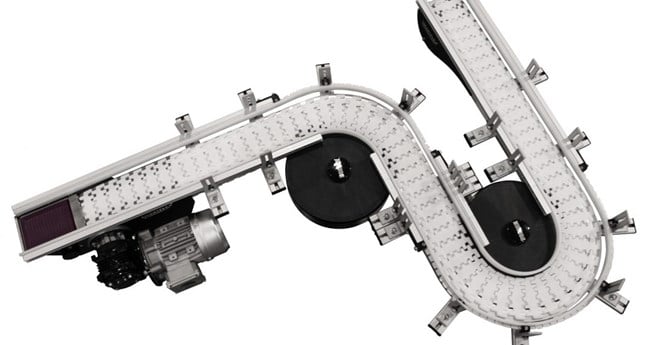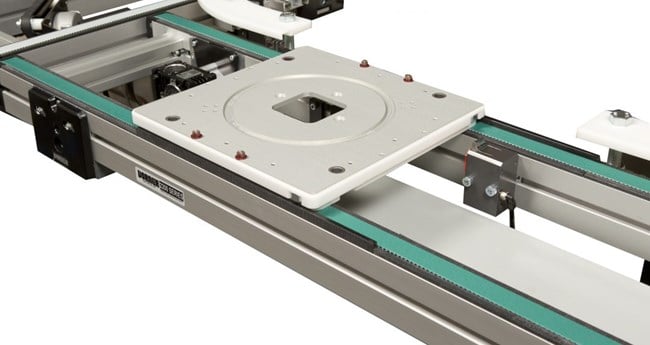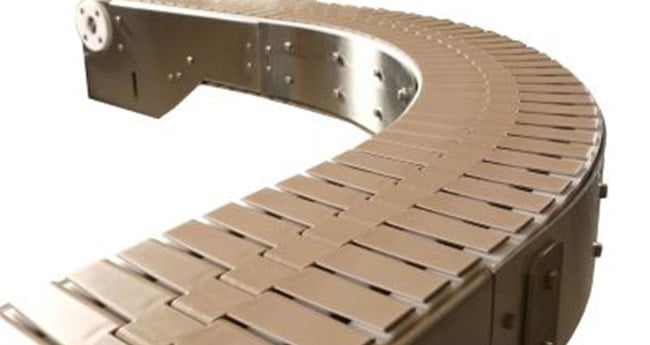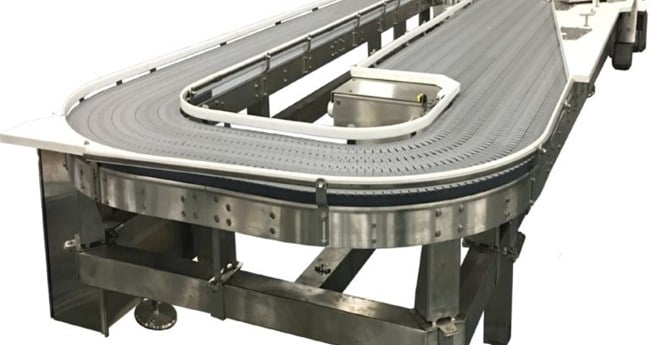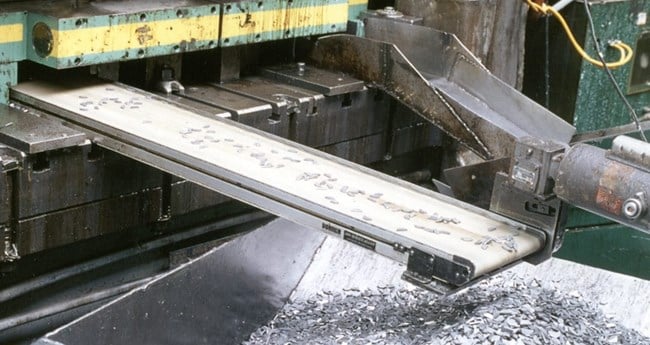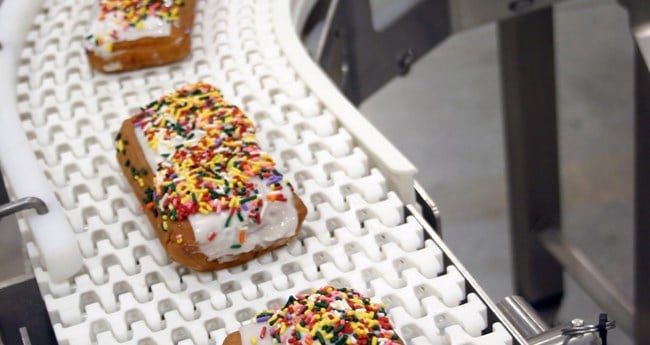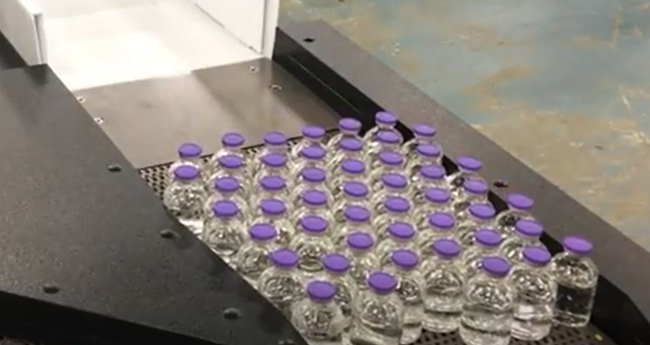The materials used in conveyors depend on the conveyor type and intended use. Some common materials used in conveyors include:
Metals
Steel and aluminum are often used in conveyor systems due to their durability and strength. These materials can withstand heavy loads and harsh environments, making them ideal for applications in industries such as metal working, manufacturing, and food production.
Plastics
Polyethylene, polypropylene, and PVC are commonly used in conveyor systems due to their lightweight and versatile properties. These materials can be molded into various shapes and sizes, making them ideal for food processing and packaging applications.
Rubber
Rubber is a flexible and durable material often used in conveyor belts and rollers. It can withstand high temperatures, abrasive materials, and heavy loads, making it ideal for applications in industries such as mining, agriculture, and construction.
Fabrics
Polyester and nylon are often used in fabric and belt conveyors. These lightweight and flexible materials make them ideal for food processing and logistics applications.
EMEA - EN


